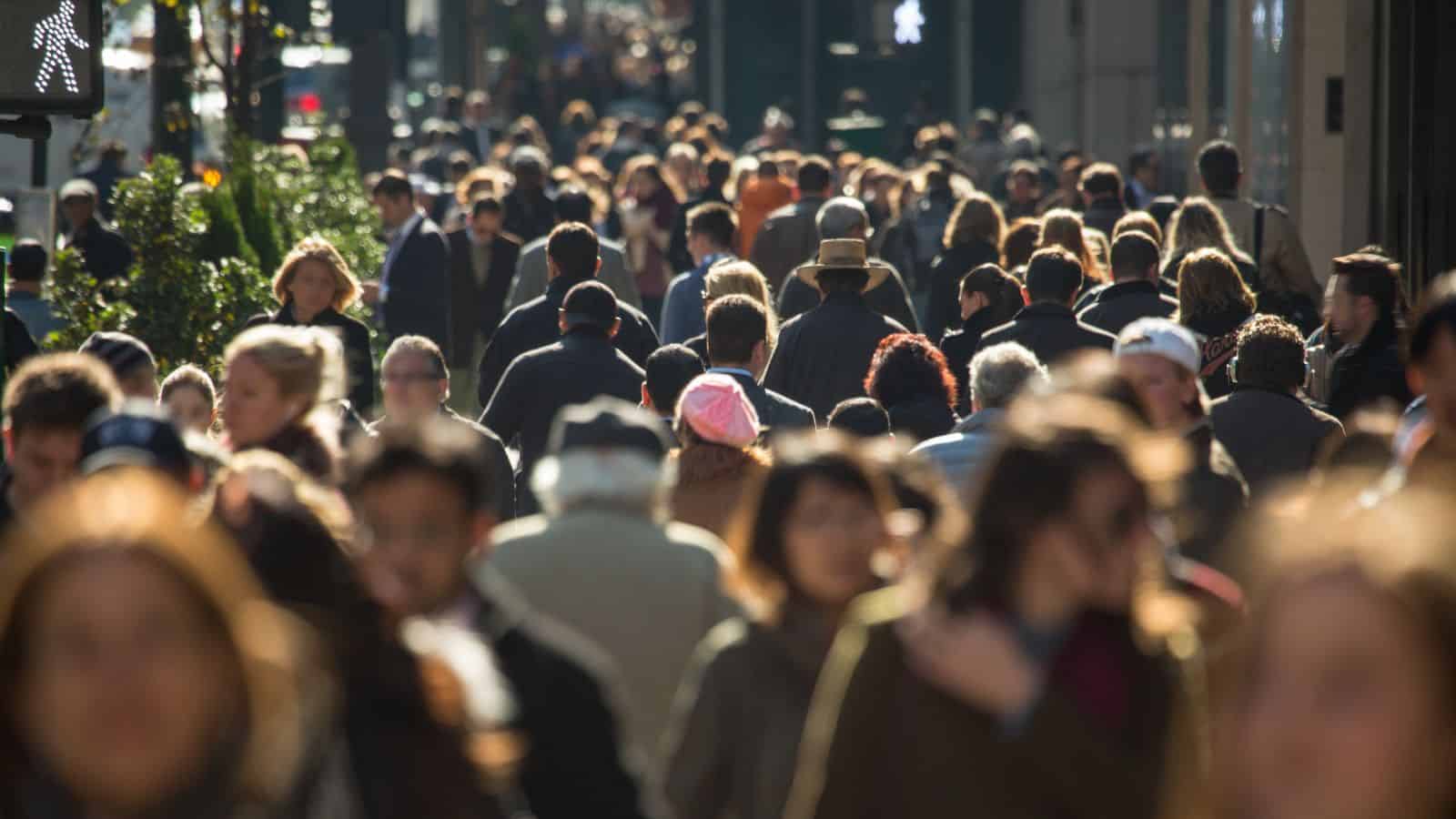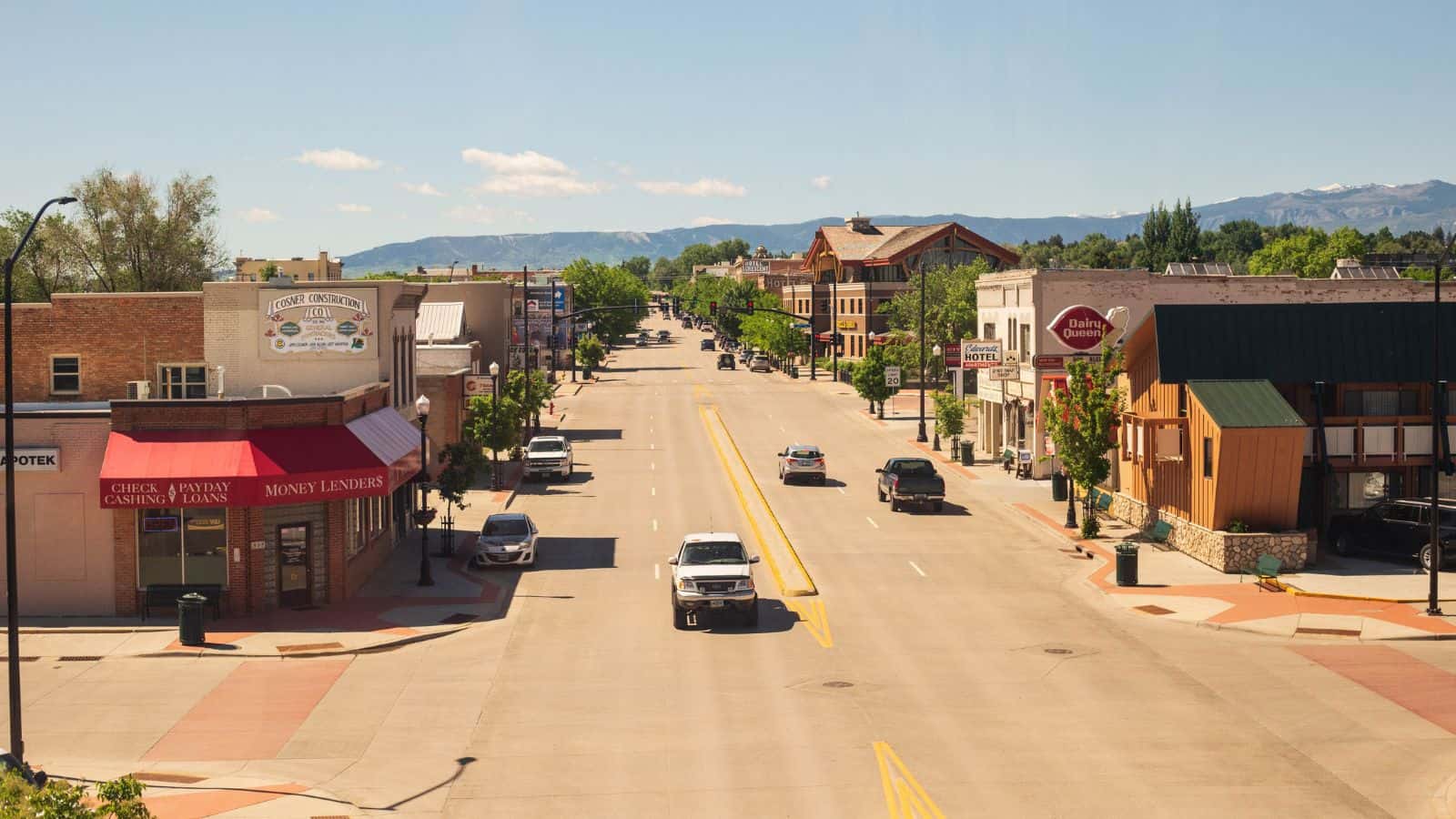As we age, our tolerance for certain things seems to dwindle. It’s not just our bodies that undergo changes; our attitudes and perspectives shift as well. What may have been a minor annoyance in our youth becomes a major pet peeve as we mature. Here are 18 things that start to get under our skin as we get older.
Loud Music

Our hearing will gradually weaken with age, making conversations harder to hear but not the frequencies of loud music. The New York Times says, “Age-related hearing loss, called presbycusis, is characterized by loss of hair cells in the base of the cochlea, or inner ear, that are attuned to capture and transmit high-frequency sounds,” making that thumping music a real bother.
Crowded Places

When you’re young, a crowded concert might be your happy place, but as we age, it most certainly isn’t. It’s not just about the discomfort of being bumped and jostled, but also the increased risk of getting sick. Our immune systems tend to weaken with age, making us more susceptible to germs in crowded spaces.
Need for Validation

As we grow older, the constant need for validation from others can become increasingly grating. We’ve often spent decades building our self-esteem and confidence, learning to trust our own judgment and opinions. Witnessing younger generations constantly seeking external approval for their every thought and action can be frustrating and a little sickening.
Inefficiency

Our years of experience often lead to a refined understanding of how to do things well and quickly. Witnessing unnecessary steps, wasted time, or a lack of forethought can be irksome. It’s not about being impatient, but rather valuing efficiency and wanting to see tasks completed in a smooth and logical manner.
Bad Timekeeping

A lack of punctuality can become increasingly frustrating. Being kept waiting, missing appointments, or having plans disrupted due to someone else’s tardiness is disrespectful and inconsiderate. It’s not about being rigid in your senior years, but rather valuing promptness and wanting to make the most of the time we have.
Throwing Tantrums

The British Psychological Society says, “As we get older, we do tend to get better at managing tensions in our closest relationships.” We tend to have a greater ability to resolve conflicts amicably as we age, so witnessing younger people lose their cool and scream and shout at their partner or friends in public is not only offensively loud but also a sign of immaturity.
Bad Customer Service

Bad customer service can become increasingly frustrating as we age. Years of experience as consumers often leads to higher expectations and a clear understanding of what constitutes good service. Encountering indifference, incompetence, or a lack of effort from businesses can feel disrespectful.
Last-minute Changes

Last-minute spontaneity loses its appeal as we pile on the years; it’s not about being inflexible, but rather valuing stability and wanting to feel secure in our arrangements. “After 50 one begins to recognize in oneself a growing resistance to change,” says The Guardian. After all, what is wrong with routine and predictability?
Wastefulness

We can’t stand to waste perfectly good food or resourceful materials as we get older. We’ve developed a deeper appreciation for the value of things, whether it’s food, money, time, or resources. Seeing items discarded carelessly, opportunities squandered, or potential left unrealized can feel irresponsible and careless.
Slang

When people can’t articulate themselves properly and rely on made-up words or slang, it can be really annoying to an older person. Does the dictionary not contain enough words to choose from? The overuse of slang words is both baffling and highly irritable to a senior person, who might not even know or understand the meaning of these words.
Not Signaling

Witnessing reckless maneuvers or a simple failure to use turn signals can feel disrespectful as we get older. It’s not about being overly cautious, but rather about valuing responsible driving and wanting to ensure the safety of everyone on the road. Younger generations are much more likely to get road rage and drive erratically.
Mobile Phone Use

A study by ResearchGate showed how older people viewed the use of mobile phones during family or social gatherings as offensive and how it “breaches their expectations regarding appropriate etiquette and manners.” So it’s better to give Grandma more attention than your phone the next time you visit.
Being Interrupted

We begin to value being respected more, particularly by younger generations. So having our train of thought derailed or being talked over can feel disrespectful and dismissive. It’s not about being sensitive, but rather valuing the exchange of ideas and wanting to feel heard and understood.
Littering

Nothing will quite get an older person’s goat more than seeing someone carelessly toss trash on the ground. It is such a public display of not having any regard for the environment or for anyone else around you. As we age, we have instilled a deep appreciation for the environment and want to protect it for future generations.
Poor Grammar

Seeing errors, especially in professional settings, can be jarring and even detract from the message’s credibility. While not wanting to be overly critical, older generations desire clear, effective communication that does not appear sloppy or riddled with errors. It’s better to take that extra time to dot your i’s and cross your t’s.
No Consideration

While you might not have noticed in your younger years, a disregarded cart in the middle of the parking lot or a door left wide open might begin to antagonize you. These actions start to reflect a lack of mutual respect and consideration for others. They are the little things that make a big difference.
Automated Systems

As we get older, it seems that it is getting harder and harder to speak to a human being. Automated systems seem to be the norm now, and getting through to a coherent person is increasingly rare. Back in the day, you could speak to someone to help you, not press numbers to communicate your needs.
Small Talk

Small talk can feel superficial and repetitive to older people because it lacks any intellectual stimulation or emotional value. It can feel tedious and require a lot of effort for very little reward, particularly if they have become hard of hearing, making small talk seem particularly frustrating and tiring.
Up Next: 17 Phrases Older People Use That No One Else Gets

Each and every generation has its own phrases and sayings that separate it from the rest, and the boomers certainly have plenty. Discover 17 popular boomer phrases that aren’t often used today and what they mean. Maybe you’ll want to bring some of them back!
17 Phrases Older People Use That No One Else Gets
People Who Don’t Show Empathy Usually Have These 18 Traits

The world would be a better place if everyone had a little more empathy. But sadly, in reality, some people show much less empathy than we’d like. Here are 18 traits of people who don’t show empathy.
People Who Don’t Show Empathy Usually Have These 18 Traits
The 17 Unhappiest States in America

The US has hit an all-time low position in the World Happiness Index, tumbling to 23rd in 2024. However, it’s important to remember that location is an important factor; many US states are very happy, unlike the following 17 US states that appear to be the most unhappy.
